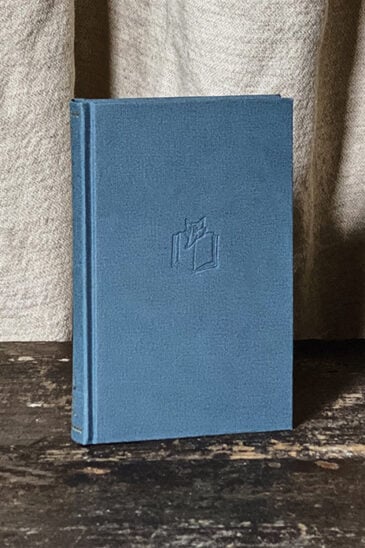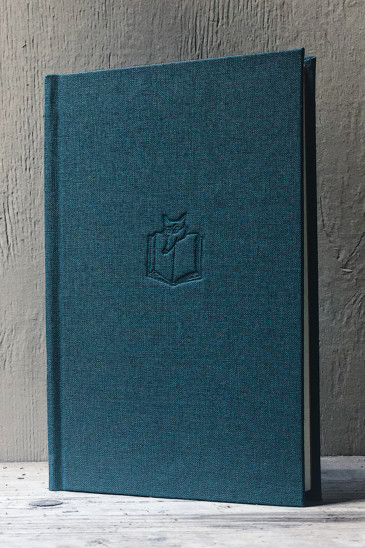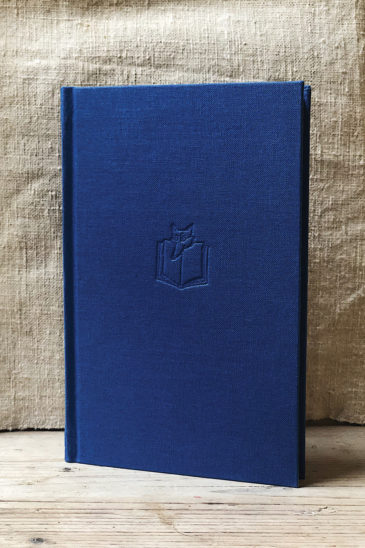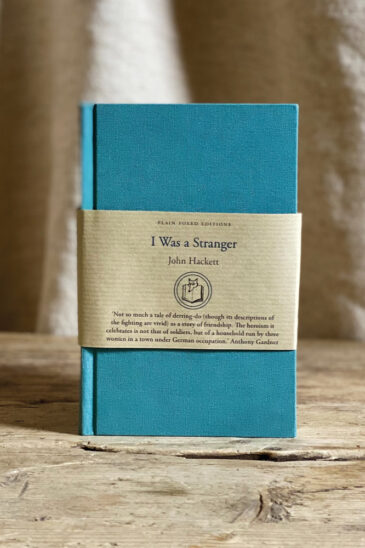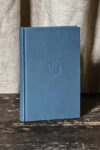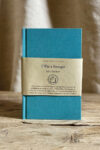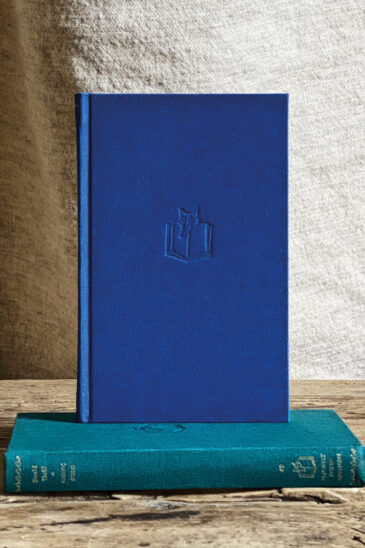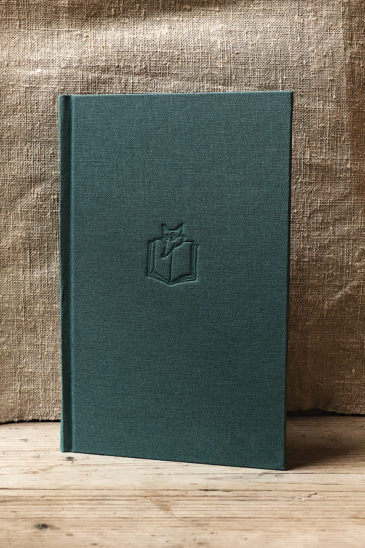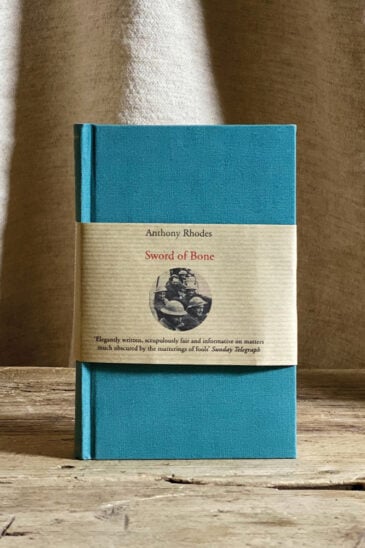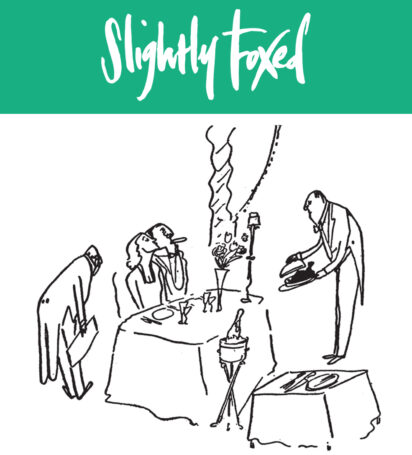The World at War
George Clare, Last Waltz in Vienna
In February 1938, the grand Konzerthaus in Vienna was in full, glorious swing; bands were playing, there was dancing and singing and plenty of beer. It was the first ball ever attended by the 17-year-old Georg Klaar, and he stayed until the very last waltz. But on 11 March, lorries began thundering into the streets, filled with uniformed men waving swastikas and shouting ‘Death to Jews’. Austria was now betrayed and had been annexed by the German Third Reich. Barely four years later, Georg Klaar had become George Clare and was serving in the British army, and his parents had been rounded up and taken to Auschwitz. Only with hindsight can George discern the complex reasons for his family’s destruction, and for the whole appalling waste of war. This is a profoundly moving, honest and compassionate memoir, remarkably devoid of self-pity, though not of anger.
Anthony Rhodes, Sword of Bone
It’s hard to imagine that anyone who took part in the disaster of Dunkirk could write an amusing book about it. But that is what Anthony Rhodes has done in Sword of Bone, his wry account of the events leading up to the evacuation of the British Expeditionary Force in May 1940 – a ‘strategic withdrawal according to plan’ as the chaos was officially described. But this isn’t a heartless book. Rhodes doesn’t deny the awfulness of war, though the fighting mainly takes place offstage. But being observant and cool-headed, with an ironic sense of humour, he manages to capture the absurdity as well as the tragedy of what took place. Sword of Bone is very far from what is usually meant by a ‘war book’.
Roald Dahl, Going Solo
This sequel to his earlier memoir Boy finds Dahl a representative of Shell, travelling the dirt roads of Tanganyika in an old station wagon visiting distant and often eccentric customers, the people who quite literally kept the machinery of Empire running. It was a free and adventurous life, but nothing like as hair-raising as what happened when war was declared and Dahl joined the RAF. Flying solo in 1941 to join his new squadron, he crashed in the Western Desert and suffered horrendous injuries, but five months later he was up and off again to join the tiny British force attempting to defend Greece. He was clearly a brilliant pilot, and Going Solo is a story of extraordinary courage as well as a haunting evocation of the unspoiled beauty of East Africa in the 1930s and its now extinct breed of expatriates, ‘the craziest bunch of humans I shall ever meet’.
Richard Hillary, The Last Enemy
Richard Hillary was a charming, good-looking and rather arrogant young man, fresh from public school and Oxford, when, like many of his friends, he abandoned university to train as a pilot on the outbreak of war. At the training school, meeting men who hadn’t enjoyed the same gilded youth as he had, Hillary’s view of the world, and of himself, began to change. In 1940, during the Battle of Britain, he shot down five German aircraft and was finally shot down in flames himself, sustaining terrible burns. With its raw honesty, lack of self-pity and gripping and terrifying accounts of aerial combat and the psychological aftermath, The Last Enemy is a wartime classic, the harrowing story of a carefree young man who, like many others, was suddenly and cruelly forced to grow up.
John Hackett, I Was a Stranger
In September 1944 John Hackett, commander of the 4th Parachute Brigade, was severely wounded and captured during the Battle of Arnhem. After being taken to a hospital in enemy hands and given emergency surgery, he was spirited away by the Dutch Resistance and hidden in a house owned by three middle-aged sisters, who risked their lives to nurse him back to health and help him escape down the canals of occupied Holland to the British lines. I Was a Stranger is less a war memoir than a story of friendship, a tribute by a very unusual soldier to a group of outstandingly brave, unassuming and resourceful people.
A Romantic Escape
Love and War in the Apennines is a book of romantic escape, overseen by the suffering of war, which shows how it ripples out across society and into fragile human lives.
Read moreA Master of Invention
We lived in Dahl’s world, my brother and I more literally than most children since we grew up a couple of miles from Gypsy House, his home in Great Missenden. As we drove past it my parents would...
Read moreA Confrontation with Evil
It seems a rather odd thing to admit these days, but I spent much of my youth reading war comics and watching war films. That’s how it was if you lived in a house filled with boys in the 1960s. As...
Read moreHanging Out on the Maginot Line
In 1989 I was commissioned to write and present a programme about the Phoney War for BBC Radio 4. My research took me to the Imperial War Museum’s sound archives and the testimony of a Dunkirk...
Read moreThe Strength of the Gentle
Among Britain’s defeats in the Second World War, the Battle of Arnhem comes second only to Dunkirk in the popular imagination. The parachute troops’ hopeless bid for control of the Rhine crossing...
Read moreGoing Solo | The Battle of Athens – the Twentieth of April
A life is made up of a great number of small incidents and a small number of great ones: an autobiography must therefore, unless it is to become tedious, be extremely selective, discarding all the...
Read more





